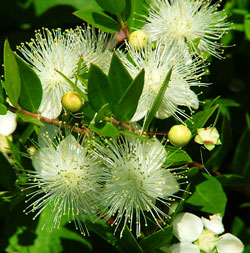
We sadly miss the beauty and silliness of medieval cosmology:
“The sun, moon, and stars go still round…for love of perfection. This love is manifest, I say, in inanimate creatures. How comes a loadstone to drawn iron to it? jet chaff? The ground to covet showers, but for love? No creature, St. Hierome concludes, is to be found…[that does not love something], no stock, no stone, that hath not some feeling of love. ‘Tis more eminent in plants, herbs, and is especially observed in vegetals…the olive and the myrtle embrace each other in roots and branches if they grow near…” Robert Burton, Anatomy of Melancholy.
Comments
And thank you, by the way, for introducing me to Godric, a really wonderful book. I just finished it last night.
I thought of this wonderful Burton quote again when I read the following from Lucretius the other day, from the invocation of De Rerum Natura:
"Mother of Aeneas and his race, delight of man and gods, life-giving Venus, it is your doing that under the wheeling constellations of the sky all nature teems with life, both the sea that buoys up our ships and the earth that yields our food. Through you all living creatures are conceived and come forth to look upon the sunlight. Before you the winds flee, and the clouds forsake the sky. For you the inventive earth flings up sweet flowers. For you the ocean levels laugh, the sky is calmed and glows with diffused radiance."